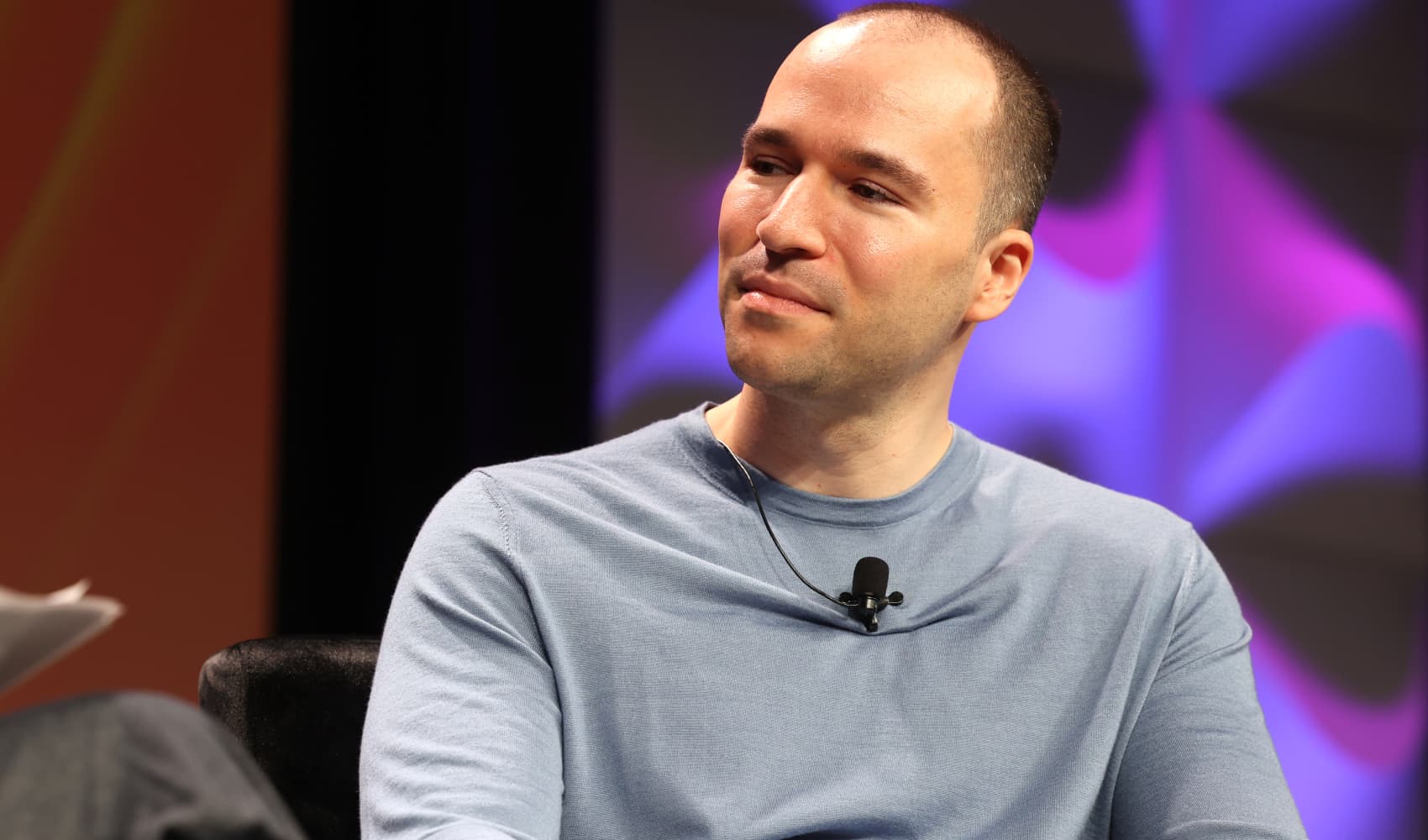
- On Thursday, a U.S. judge ruled that XRP token purchases via exchanges were not securities transactions.
- Coinbase's arguments in its legal case against the U.S. Securities and Exchange Commission have been strengthened as a result, Paul Grewal, chief legal officer at Coinbase, told CNBC.
- The SEC sued Coinbase in June, alleging it was operating an unregistered exchange and broker.
Coinbase's arguments in its legal case against the U.S. Securities and Exchange Commission have been strengthened after a key court ruling went partially in favour of cryptocurrency firm Ripple, the U.S. exchange's legal chief told CNBC on Friday.
On Thursday, a U.S. judge ruled that XRP token purchases via exchanges were not securities transactions. The SEC sued Ripple, the company behind the XRP token, in 2020, alleging that the company broke securities laws.
The ruling was cheered by the cryptocurrency community and particularly by exchanges, which feel the outcome will help create some more regulatory clarity.
One such exchange is Coinbase, which was sued in June by the SEC on charges of operating an unregistered exchange and broker.
But the latest XRP court opinion has given confidence to Coinbase in its case against the SEC.
Money Report
"For exchanges, for tokens that are listed on exchanges, for regular investors, there's no question that this ruling strikes a blow to the idea that somehow securities are being traded when people go onto exchanges and trade the assets," Paul Grewal, chief legal officer at Coinbase, told CNBC in a TV interview on Friday.
"I think we will win. Now, I thought we would win before this decision. We think this decision has only further strengthened the case," he added.
Feeling out of the loop? We'll catch you up on the Chicago news you need to know. Sign up for the weekly Chicago Catch-Up newsletter.
Part of Coinbase's optimism stems from the decision regarding XRP not being a security. If XRP isn't designated such, there is hope that hundreds of other cryptocurrencies will also not be subject to security laws.
"I think it would be a mistake to assume that, in every instance, and in every transaction, the securities laws do not apply. That's never been Coinbase's position, I don't think it should be anyone's reasonable position. But if you literally replaced the letters XRP with the letters for any other token, in this decision, the logic still holds," Grewal said.
However, another part of the judgement actually deemed it a securities transaction to sell XRP specifically to sophisticated investors or institutional clients.
Coinbase has been trying to grow its own institutional trading platform. Grewal shrugged off this part of the case, because it related exactly to how Ripple sold XRP to institutional clients.
"I think all investors, institutional and retail, can take great comfort from the fact that, when it comes to exchange trading, where there is arm's length dealing, the court has made it very clear, these tokens are not being traded as securities," Grewal said.
SEC slammed
Whether or not cryptoassets are securities is an important question with several implications. If they are deemed securities, then they would need to register with the SEC and would have strict disclosure requirements. It would also give the SEC the power to oversee these assets and related firms, such as cryptocurrency exchanges.
The SEC has maintained that most cryptocurrencies are securities — but the decision on XRP appeared to weaken its argument.
The crypto industry has had heated words for the SEC over the past month, accusing the agency of regulating by enforcing, rather than by working with the industry.
Tyler Winklevoss, the co-founder of cryptocurrency exchange Gemini that is also subject to a SEC lawsuit, called the regulator a "failed institution."
Coinbase's Grewal said he did not think the SEC was waging an ideological battle against the cryptocurrency industry, but that all actions were done in "good faith." However, he added, "they've been wrong."
"What there has been I think, is a failure of leadership to follow reasonable engagement with the industry and with other stakeholders, rather than resorting to court," Grewal said, calling for "new rules to deal with a new technology."






